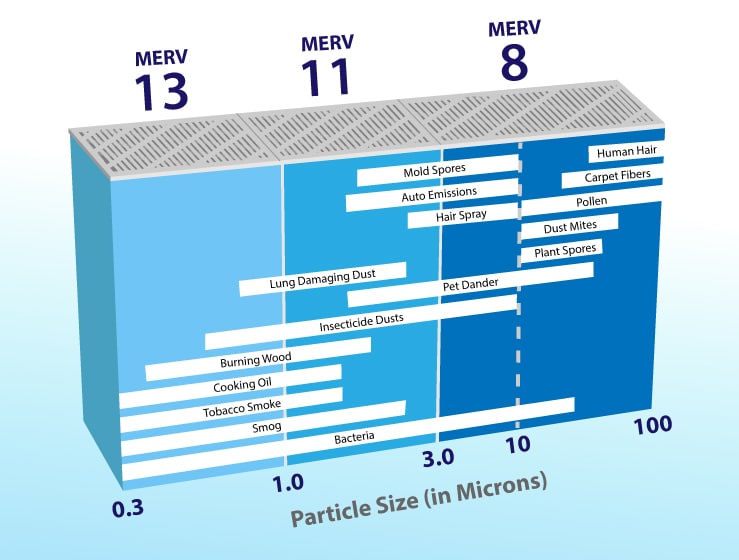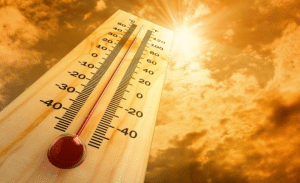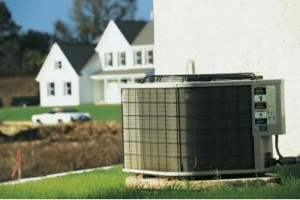If you notice that your allergies become more severe in the summer months, it may be because you are spending more time indoors to avoid the Florida heat. But did you know that, according to the EPA, indoor air is 2 to 5 times more polluted than outdoor air? While this statistic is alarming, you can still improve your indoor air quality in the summer with these five tips.
5 Tips to Improve Indoor Air Quality in Summer
Use a Dehumidifier
If you don’t have one already, it may be time to invest in a dehumidifier. During the hot and humid Florida summer months, pests and allergens thrive in the humidity. Dust mites are a common trigger for allergies and asthma, and they love the humidity. However, according to the Asthma and Allergy Foundation of America, most dust mites die off in low humidity levels or extreme temperatures. Investing in a dehumidifier can help control dust mites and other allergens like mold from forming. Combating the humidity in Florida is difficult, but not impossible!
Have Your Pets Groomed Regularly
Pets shed more in the summer months to keep their bodies cool as well as prepare for their winter coats. Pet dander can negatively impact your indoor air quality and clog your filter faster. furry friends groomed regularly in the summer can help reduce the amount that they shed as well as keep them comfortable. Ask your groomer how short they can safely cut the hair, and try to keep it as short as possible in the summer months. You can also talk to your veterinarian about alternative methods to reduce pet dander in your home.
Change Your Air Filter Every Month
Your air filter is a crucial barrier between you and exposure to indoor air pollutants. Having a filter that is rated at least an 11 on the MERV scale can protect your home from numerous allergens. Equally important is to replace your air filter every month. You would be surprised how quickly an air filter can become ineffective when exposed to numerous allergens, especially in the summer months.

Consider UV Lighting
The inherent problem with AC units is that the ductwork stays cool and collects moisture almost constantly. By installing UV lighting to the interior ductwork, you can kill the mold and bacteria that thrive in those cool, dark environments. UV lighting is a simple and effective solution to reducing allergens in your home not just for the summer but all year round.
Contact Gator Air & Energy to Improve Indoor Air Quality
Gator Air & Energy has extensive experience dealing with indoor air quality. We offer many services that specifically target improving the quality of air in your home, including UV lighting, air filter replacement, and coil and pan cleaning. If you need help improving the air quality in your home, give us a call today.






